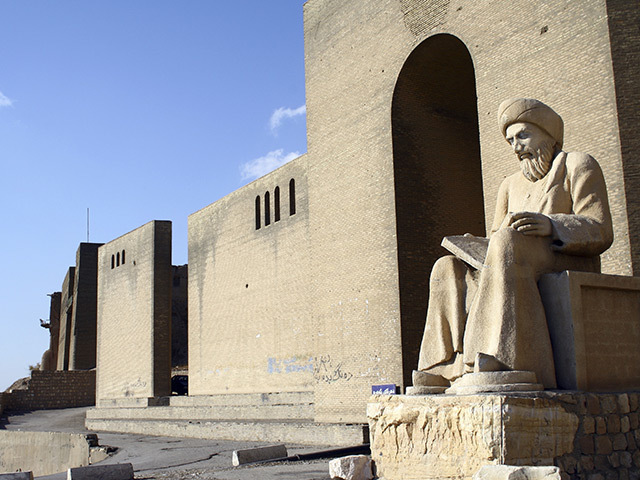
Iraq’s Kurds are ready to strike an agreement with the central government in Baghdad on a deal to increase oil exports, if it guarantees them a monthly revenue of $1 billion, a spokesman for the Kurdistan Regional Government (KRG) said.
Iraq’s central government in March stopped oil exports through a Kurdish pipeline to pressure the local authorities to resume talks about an oil revenue sharing agreement.
Iraq’s state-run North Oil Company normally exported 150,000 barrels a day through the pipeline that comes out at the Mediterranean port of Ceyhan, in Turkey. The pipeline also carries oil produced in the Kurdish region in northern Iraq and sold independently from the central government.
KRG spokesman Safeen Dizayee said in an interview in the Iraqi Kurdish capital Erbil that the Kurdish authorities would be willing to sell the oil through Baghdad if they get a share from the federal budget amounting to a $1 billion a month.
“If Baghdad comes and says ok, give me all the oil that you have and I’ll give you the 17 percent as per the budget, which equals to one billion, I think, logically it should be the thing to accept,” he told Reuters news agency, specifying later that the amount referred to a monthly payment in dollars.
“Whether this oil goes to the international market or first to Baghdad and then to the market, it doesn’t make any difference,” he said. “We are ready to enter dialogue with Baghdad.”
The KRG stopped delivering crude oil to the central government a year ago, a decision taken when Baghdad’s payment fell under $400 million a month, according to Dizayee.
The Kurdish region exported an average of 513,041 barrels in May through the pipeline to Turkey, generating about $391 million, of which about $75 million was paid to oil companies that produce the crude, according to KRG official estimates.
“The companies have been assured that certain amounts will be made on a monthly basis,” said Dizayee, referring to the three foreign oil producers in the KRG region – DNO, Gulf Keystone and Genel.
“We have started to pay some of it, at least it has rebuilt that confidence between the government and the IPCs (oil companies,” he said, referring to arrears owed to the companies.
The KRG in February said it will be paying international oil companies in 2016 according to the terms of their contracts, after making ad-hoc payments last year.
The foreign operators have been reluctant to invest and further develop assets in the region without the promise of regular payment, while the cash-strapped KRG needs production to increase as it struggles to avert an economic collapse.